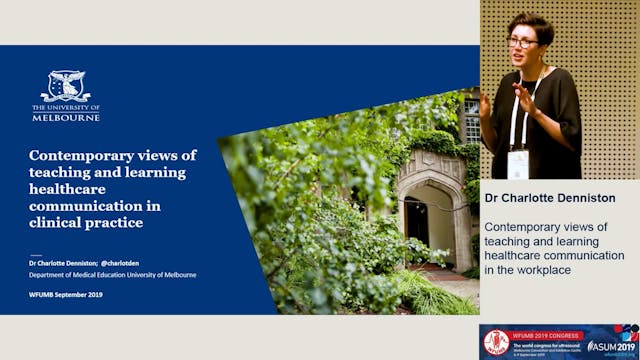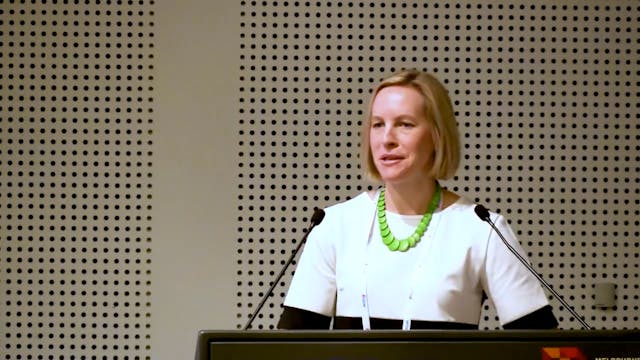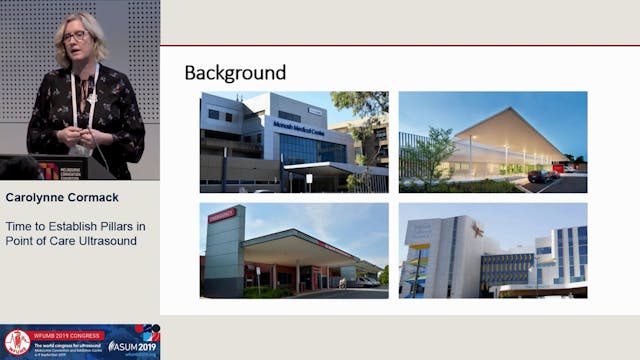Diagnostic thoracic ultrasound curriculum for acute care physiotherapists
EDUCATION
•
10m
Introduction
Diagnostic thoracic ultrasound is increasingly being used by non-physicians; hence, we evaluated a curriculum for acute care physiotherapists in critical care.
Methods
The one-day course included didactic lectures combined with expert-led hands-on training. Participants undertook pre and post-course knowledge questionnaire covering key ultrasound findings for normal lungs, pleural and pulmonary pathologies.
Course participants who worked at the institution where the course was undertaken undertook a practical examination. We also did a 4- to 6-week follow-up survey of participants. The pre-test and post-test questionnaire and survey results were reported using descriptive statistics (means SD or median and IQR).
Results
A total of 12 acute care physiotherapists undertook the training and questionnaire scores (mean percentage, SD, 95% CI) increased from 73.3 +/- 15.5% (63.4ñ83.2) before the training to 86.3 +/- 5.5% (82.8ñ89.8) after training.
Discussion
This diagnostic thoracic ultrasound training course resulted in improvements of diagnostic thoracic ultrasound knowledge including lung and pleural pathology image recognition skills in a small group of acute care physiotherapists with nil previous diagnostic thoracic ultrasound skills. Two-thirds of the participants who responded to the survey undertook only one to three scans in clinical practice, and the most frequent barrier to clinical use of diagnostic thoracic ultrasound was time constraints.
Conclusion
Further investigation of such a diagnostic thoracic ultrasound training programme on knowledge and skills retention and image acquisition and interpretation in real life clinical practice in a larger group of acute care physiotherapists is warranted.
Up Next in EDUCATION
-
Teaching and learning healthcare comm...
Along with skilled psychomotor or procedural skills, skilled communication is an essential component of effective healthcare delivery. Developing effective healthcare communication does not occur by chance and focused education can have positive impacts on health professionalsí communication beha...
-
The changing clinical teaching and le...
The changing clinical teaching and learning environment: Tips for educators in the twenty first century
-
Time to establish pillars in Point of...
Point of Care Ultrasound (PoCUS) has evolved rapidly over the past two decades and been adopted by many medical specialities, none more so than emergency and critical care physicians. There are significant benefits in both rapid bedside ultrasound diagnosis and safe procedural guidance.
It is, h...



